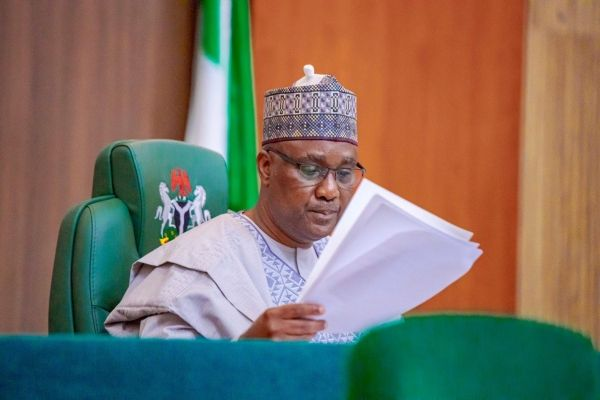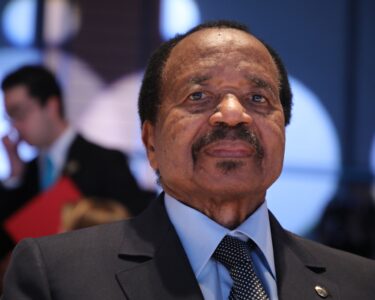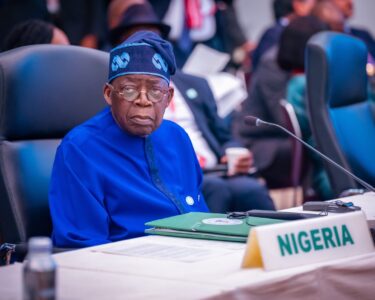Withdrawal of Compulsory Voting Bill
Reps Backtrack after Stakeholder Consultations
Summary
- Speaker Abbas Tajudeen has withdrawn the Compulsory Voting Bill, citing the need for broader dialogue and public sentiment.
- The bill aimed to amend the Electoral Act 2022 to make voting mandatory for all eligible Nigerians.
- Inspired by countries like Australia, Belgium, and Brazil, the bill sought to boost civic engagement and voter turnout.
- Focus shifts to voluntary participation, with Speaker pledging to explore incentives and innovative methods to increase voter involvement.
Abuja, Nigeria — The Speaker of the House of Representatives, Rt. Hon. Abbas Tajudeen, Ph.D., GCON, has officially withdrawn the controversial bill proposing mandatory voting for all eligible Nigerians. The announcement was made through a press statement released by his Special Adviser on Media and Publicity, Musa Abdullahi Krishi.
Co-sponsored by Speaker Abbas and Hon. Daniel Adama Ago, the bill sought to amend the Electoral Act 2022 to introduce compulsory voting, a measure intended to strengthen Nigeria’s democratic process by increasing voter turnout and civic engagement.
According to the Speaker, the bill was inspired by successful compulsory voting systems in countries such as Australia, Belgium, and Brazil, where turnout rates consistently exceed 90 percent. Other nations like Argentina and Singapore have also adopted similar legislation to promote inclusive democratic participation.
However, Speaker Abbas emphasized that the decision to withdraw the bill followed “extensive consultations with a broad spectrum of stakeholders.” He acknowledged the importance of respecting individual freedoms and public opinion in the lawmaking process.
“Lawmaking is ultimately about the people it serves,” the Speaker noted. “Any reform must not only advance democratic ideals but also align with the values and rights of our citizens.”
In place of compulsion, Abbas announced his intention to support voluntary civic participation through positive incentives and innovative approaches that make voting more attractive and accessible to all Nigerians.
The withdrawal of the bill marks a shift toward more inclusive dialogue on electoral reform, with the Speaker pledging continued efforts to cultivate a democratic culture rooted in choice, awareness, and engagement.







